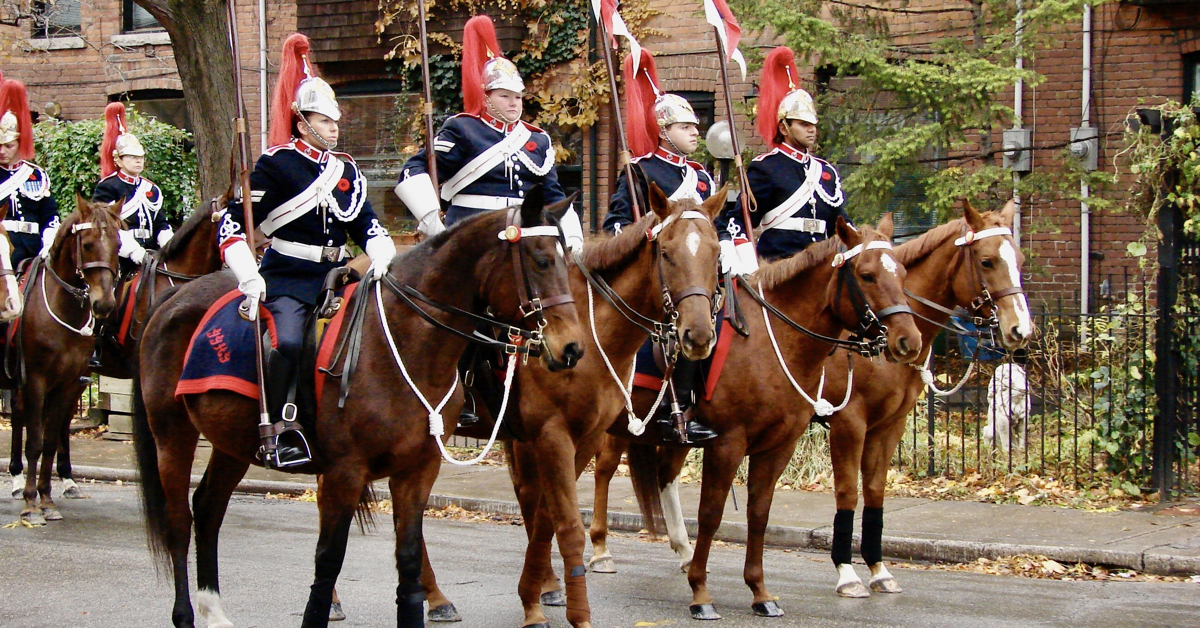 |
 |
| << return | ||
|
The People's Viceregal Representative "In trying to wield the moral authority of the office with purpose, a Lieutenant Governor may fail. But were he to refuse to fully take up the challenge of the office, he would become a failure by definition," writes Akaash Maharaj. |
||
|
Akaash Maharaj |
||
|
Uxbridge - The installation ceremonies for David Onley as Ontario's third viceregal representative of the twenty-first century began with scenes that would have seemed familiar to his eighteenth century predecessors. Those of us from the Governor General's Horse Guards fitted our regimental swords to our saddles, mounted our horses while trying not to impale one another with our lances, and escorted Onley's cavalcade to the legislature, as our horses scattered their organic calling cards on the streets behind.
It is easy to see the institution of the Lieutenant Governorship as a relic of history, and to dismiss its incumbents as unelected props of pageantry. Yet, in ways that would have been unimaginable two hundred years ago, the office's democratic potential has grown as its formal powers have shrunk. By 1791, representative elections had taken hold across what would become Canada. Nevertheless, until the rebellions of 1837 and 1838 and the subsequent administration of Lord Elgin, all real power remained dictatorially in the hands of the viceregal representative and his unelected Council. With the coming of "responsible government", the authority of the Lieutenant Governor passed to ministers dependant on the confidence of the elected legislature. Although this shift from government by the few to government by the many was one of the defining moments in our long march towards democracy, a fully realised democracy demands still more: government by all. Modern electoral politics have opened the corridors of power to more Canadians than ever. However, the majoritarian imperative of elections has also meant that the interests of smaller, quieter, and weaker groups are forgotten or actively trampled upon as politicians stampede larger, louder, and more powerful constituencies to the ballot box. Farmers, the homeless, and children in poverty can all be forgiven for feeling that responsible government has not always lived up to its name. A person not preoccupied with winning a periodic popular majority, yet retaining the private ear of government, can speak truth to power on behalf of those whose voices are drowned out in society. A figure garlanded by history has the public standing to tug upon the popular conscience, especially at times of calamity when we are most apt to forget our better selves, and when political actors are most likely to trade upon our fears rather than our hopes. An office stripped of all decision-making power can carry out both these functions with less risk of a crisis of legitimacy. A Lieutenant Governor who tries to be more than an animated artefact of tradition certainly runs many perils: he may stumble into partisan debate; may excite resentment for championing less populist ideals; may be accused of forgetting his place; or may simply make decisions that are as foolish as they are bold. In trying to wield the moral authority of the office with purpose, a Lieutenant Governor may fail. But were he to refuse to fully take up the challenge of the office, he would become a failure by definition. As the installation ceremonies drew to a close and the splendour of the day was dismantled around us, the ten of us from the Governor General's Horse Guards rode back to our makeshift camp, dismounted, and taking shovels in hand, attended to the less public and far less glamorous business of working with animals. I imagine that back at the legislature, David Onley was coming to grips with the political equivalent of our task. I know that all Ontarians wish him well in his role. Akaash Maharaj rides with the Governor General's Horse Guards Cavalry Squadron. He has written this article in a personal capacity. |
||
|
|
|
Remembering Desmond Tutu |
|
|
My article in the Globe and Mail |
|
TVOntario’s The Agenda |
|
|
Reflecting on the life of Queen Elizabeth II |
|
United Nations |
|
|
My address in the UN General Assembly Chamber |
|
CBC Radio’s The House |
|
|
The dirt on the federal two billion trees programme |
|
|
|
